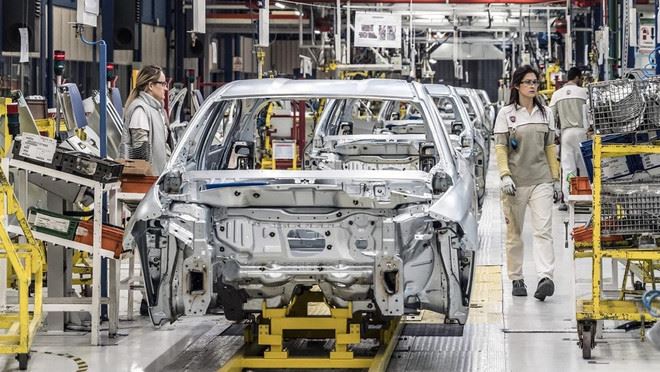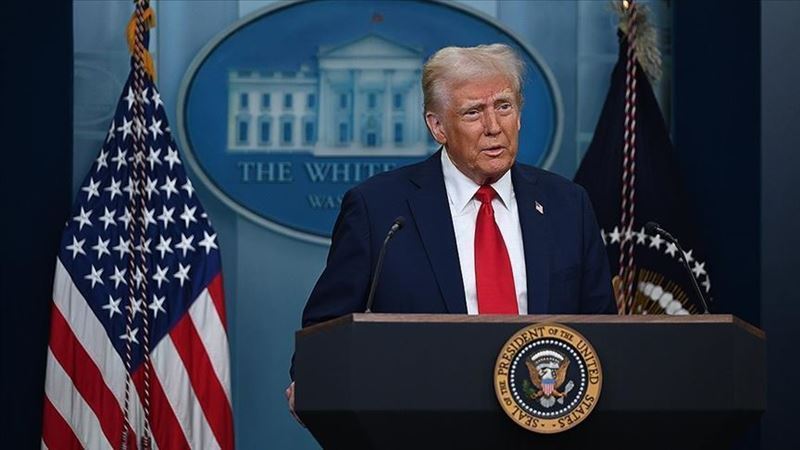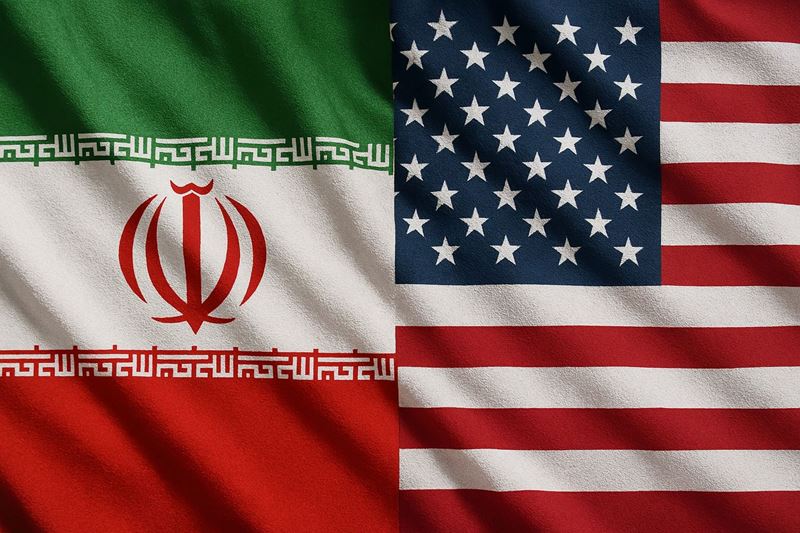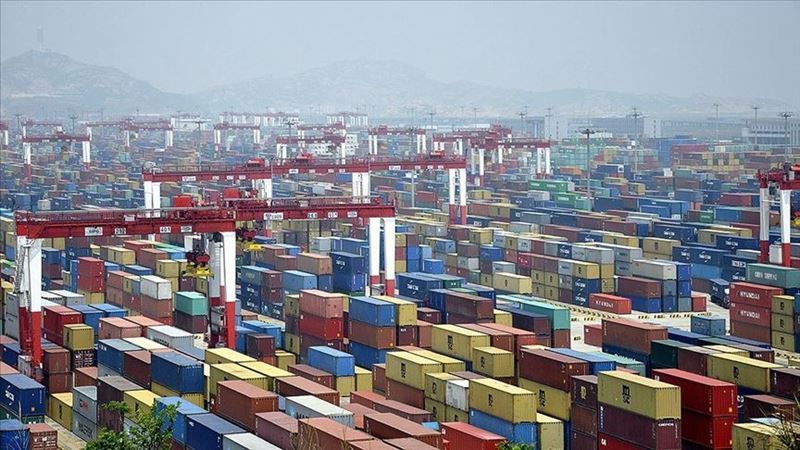Efforts to turn the wheels after the pandemic in Europe were stuck with magnesium this time. The automotive sector, which accounts for 7 percent of the European Union's gross domestic product (GDP), is struggling with magnesium shortages. Industrial organizations warn that magnesium stocks will run out at the end of November and are calling on the EU administration to take immediate action to negotiate with China, which supplies 95 percent of magnesium demand.
Magnesium is one of the 'must have' raw materials in the automotive industry. Magnesium is used for a number of products, notably aluminum alloys used in a variety of auto parts, from transmission and steering columns to seat frames and fuel tank caps. China, Europe's main supplier of magnesium, has ordered about 35 of its 50 magnesium smelters to close by the end of the year to conserve energy supplies. However, the lack of any other material to replace magnesium in the production of aluminum plates and billets is causing great concern in the industry. Because the prices have officially skyrocketed. Magnesium prices, which have doubled since the beginning of the year to $4,700, are at their highest level since 2008. In the sales made from stocks that are about to hit the bottom in Europe, the prices rose from the $2,000 levels in the first months of the year to around $10,000-14,000.
95% come from China
European industry organizations have called on the European Commission to start talks with China to restart magnesium shipments to ease the severe deficit and prevent plant closures that will cost millions of jobs. In a statement, the organizations urged the European Union to take urgent action, stating that China supplies 95 percent of its magnesium demand, but that shipments have stopped since September.
Germany's metal manufacturers association WVM has warned once again that automakers are facing serious production problems as the energy crisis in China has undermined the supply of magnesium, a key component of aluminum production. In a letter to the German government, the Union reported that European magnesium stocks were affected by the lack of supply from China, which monopolized the magnesium market, and the problems were deepening day by day. "Existing magnesium stocks in Germany and all over Europe, respectively, are expected to be depleted by the end of November 2021," the letter warned.
Magnesium is used for a number of products, notably aluminum alloys used in a variety of auto parts, from transmission and steering columns to seat frames and fuel tank caps. China, Europe's main supplier of magnesium, has ordered about 35 of its 50 magnesium smelters to close by the end of the year to conserve energy supplies. However, the fact that there is no other material to replace magnesium in the production of aluminum plates and billets causes great concern in the industry. It's a difficult product to stock, as magnesium begins to oxidize within three months. Therefore, it is stated that if China does not increase its production, global stocks will also melt.











Comments
No comment yet.